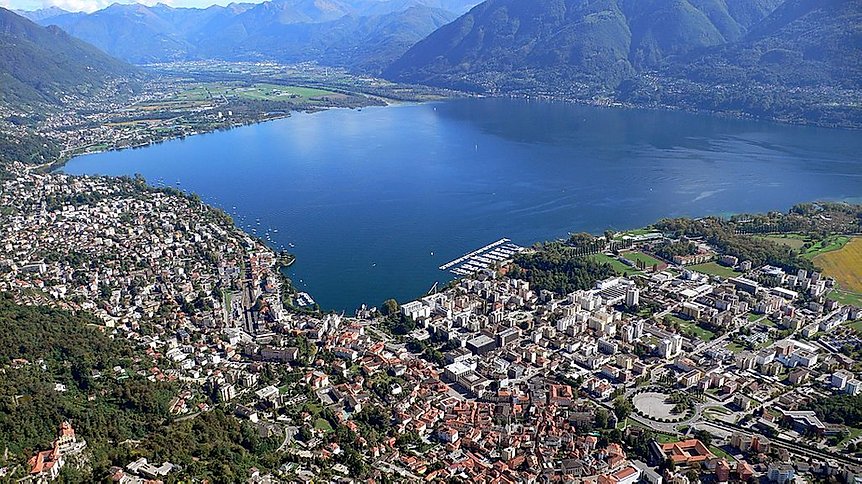
5th Biennial Conference of the International Society for the Philosophy of Architecture.
2 to 5 July 2021 | Monte Verità (near Locarno), Switzerland.
Keynote speakers (confirmed)
- Margaret Crawford
- Sarah Whiting
Background
Although public spaces are everywhere, and used extensively, the term itself is a contested notion. Many architects, urban designers, philosophers, and political theorists – like Camillo Sitte, Rem Koolhaas, Hannah Arendt, and Henri Lefebvre – have emphasized the importance of understanding public space from a humanistic and a democratic perspective. This is often inspired by an ideal of social interaction and democratic pluralism that should somehow be tangible in public spaces. The built environment is thus understood as offering more than just a functional space or an aesthetic experience. It is rather seen as a force shaping a world-incommon, which in turn shapes the human experience of this commonness and the understanding of the world itself, both consciously and unconsciously.
However, current developments in cities and societies, from smart-cities and Big Data to gentrification, surveillance and commodification, seem to make it increasingly difficult for public spaces to live up to this ideal. Public spaces are increasingly privatized, commodified, controlled, monitored, and scripted; they are designed to accommodate leisure and tourism, shopping and sporting, or transportation and travelling. Such spaces have, at first sight, little regard for the social and political ideal of encounter and exchange. On the other hand, even in highly controlled spaces, social life and also political protests can occur, as is shown by the ongoing protests in Hong Kong, that even stretch to spaces that are privatized, heavily controlled, monitored, and scripted towards a single purpose. This presses the questions: How important is architecture and urban design for public life after all? Does design still trace concrete outlines for it, or can these be found elsewhere?
The 5th Biennial Conference of the International Society for the Philosophy of Architecture examines public space and its architecture in a rapidly changing societal, political, and technological context. Issues that might be tackled include (but are not limited to):
- Public space and the collective ideal. Is the collective ideal that lies behind the social, humanistic and democratic perspective still relevant in such a context? How was this ideal realized in the past? Is it still accommodated by public spaces, or is there a need to look for other structures, spaces, spheres in society that can cater collectivity and serve social and political movements?
- Public space and privatization. When cities, buildings and transportation turn into personalized services, what would be the ‘service’ of public space, and what does this mean for the planning, design and ordering of these spaces? How can public spaces embody collective ideals in a time of privatization and personalization? What are the implications of such developments for the relationship between public and private space, public and private interests, publicness and privacy?
- Public space and participation. How can inhabitants and users be involved in the development of public spaces, alongside designers, planners, politicians, investors, and developers?
- Public space and commodification. What does the commodification of public spaces in the economic competition of cities around the globe mean for their social and political role?
- Public space and technological innovation. How do public spaces and their use change due to selfdriving cars, Virtual Reality Applications or smartphones? What is the relevance of concrete public spaces facing the increasing impact of virtual public sphere of social media? How might the effect of the built environment on us change in the era of the internet of things, and what does this mean for the commonality of the world?
Organization
Hans Teerds (Chair for the History and Theory of Urban Design, ETH Zurich)
André Patrão (Lab of Architecture, Criticism, History, and Theory, EPFL)
Christoph Baumberger (Environmental Philosophy Group, ETH Zurich)